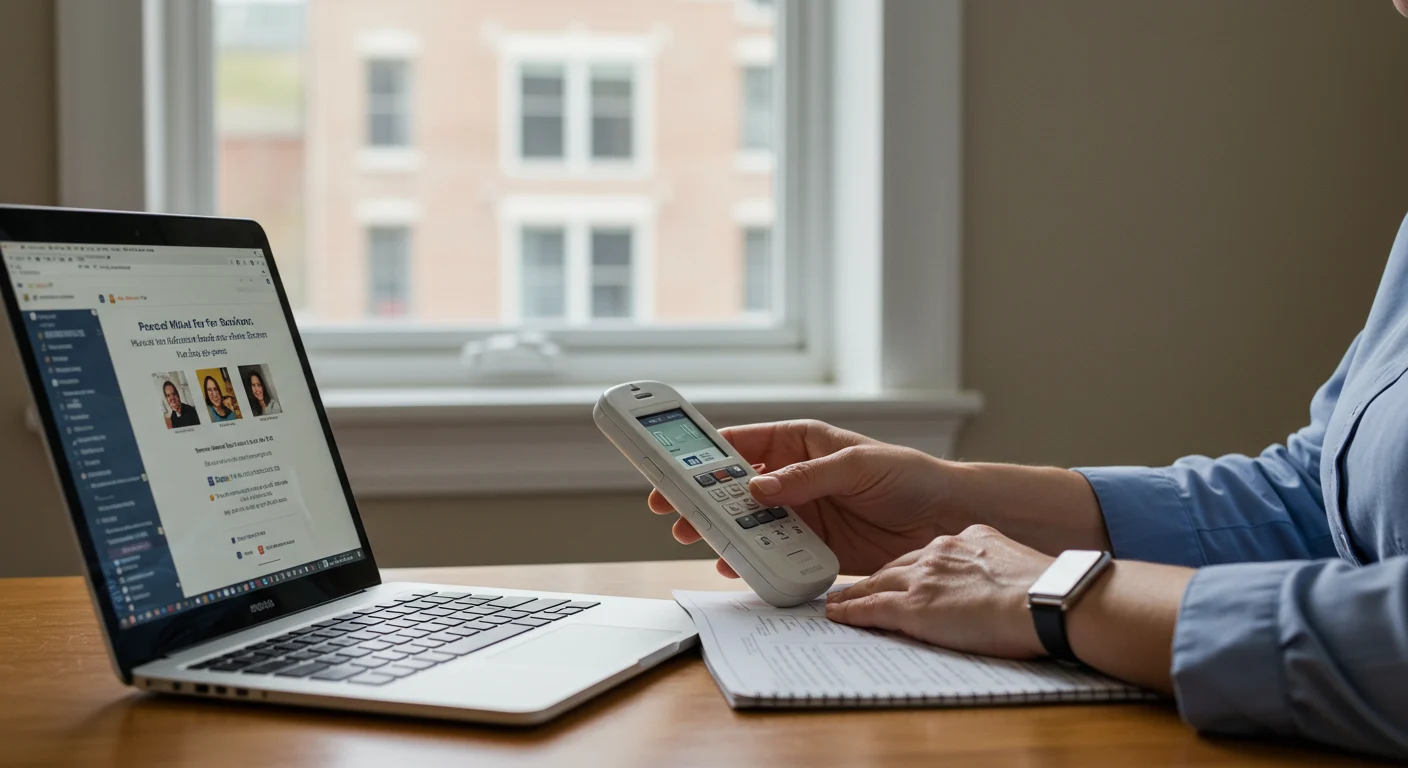
Best Medical Alert Systems for Seniors: No Monthly Fee!
If you’re shopping for a medical alert, you’re really shopping for calm. Not gadgets. Not hype. Calm. Here’s the thing: the right device fades into the background until it’s needed, then it just works. Whether you’re eyeing traditional monitoring or medical alert systems for seniors no monthly fee, I’ll walk you through what actually matters—the stuff that keeps families sleeping better.
Monitored vs. No-Fee: What Actually Changes Day to Day
Monitored systems have a 24/7 response center behind the button. Press it, a trained agent answers in seconds, and they triage: call family, send EMTs, stay on the line—whatever the situation needs. No-fee systems usually call 911 or a pre-set list of contacts directly (often through your phone). Both can help. The difference is who handles the maybes. If there’s confusion, background noise, or no voice response, monitoring adds judgment and backup. If you want zero bills, medical alert systems for seniors no monthly fee are appealing—just make sure the person’s phone will be nearby and charged if the device relies on it.
Features That Matter When Seconds Feel Long
Fall detection is the headline feature for a reason. It’s not perfect anywhere, but the better sensors catch more real falls and skip more false alarms. Look for water resistance (shower-safe is non-negotiable), comfortable wear options (pendant, wrist, or a watch), clear audio you can hear across a room, and battery life that fits the routine. Range matters at home; GPS matters outside. Caregiver apps that share battery status and location? That’s real peace of mind. Some no-fee devices offer SOS through a smartphone or watch—great for active folks, but test it; medical alert systems for seniors no monthly fee can still stumble if a phone is buried in a purse or left on the charger.
At Home, On the Go, or Both?
Home systems often use a base station with a powerful speaker and long-range pendants. They’re simple and loud—perfect if most days are spent at home. Mobile systems tuck the brains into a pendant or watch with built-in cellular and GPS. They’re for walks, errands, visits, life. Plenty of folks do a hybrid: home base for volume and a lightweight mobile button for outside. If you’re chasing no fees, know that many “no monthly” options piggyback on a phone’s cellular plan or Wi-Fi. That’s fine—just confirm who it calls, how it shares location, and whether it works if the phone isn’t nearby.
Costs Without Surprises
Let’s keep it plain. With monitored systems, you’ll see an upfront device cost (sometimes $0), then a monthly fee for the professional response center. Fall detection is often a paid add-on. With medical alert systems for seniors no monthly fee, you’re paying once for hardware; some rely on your existing phone plan, and some charge nothing after purchase. Watch for activation fees, returns, and warranties. A 30-day test window is gold—use it to press the button, walk outside, talk to support, and make sure it feels right.
Setup, Reliability, and Caregiver Peace
You want boringly reliable. Fast response times, clear audio, and redundant cell networks if possible. For monitored options, I like centers with strong certifications and proven uptime. For no-fee setups, test calls to 911 and to contacts at different times of day. Make a quick routine: wear it, charge it, test it weekly. Consider a lockbox so EMTs can get in without breaking a door. And if there’s a caregiver app, turn on low-battery alerts. Those tiny pings prevent big headaches.
If I Were Buying for My Dad Today
Here’s my honest, human shortcut. If he spent most days at home and hated charging things, I’d grab a loud home base with a shower-safe pendant and add fall detection. If he’s active, I’d go mobile with built-in GPS, a simple button, and a caregiver app I can check from my phone. If he refuses subscriptions, I’d still test a no-fee watch or pendant for one week straight—shower, yard, grocery store—and make sure it reaches the right person fast. Want my current picks? I keep a fresh, unbiased shortlist in the medical alert reviews over at "Consumer’s Best". No fluff—just what’s worth your money right now.
One Last Nudge
Don’t overthink it. Pick the path that fits the routine, wear it every day, and test it once a week. That’s the whole magic trick. If you want a confidence boost before buying, skim my latest top picks at "Consumer’s Best" and see what lines up with your budget—including a couple of medical alert systems for seniors no monthly fee that genuinely hold up in the real world.













